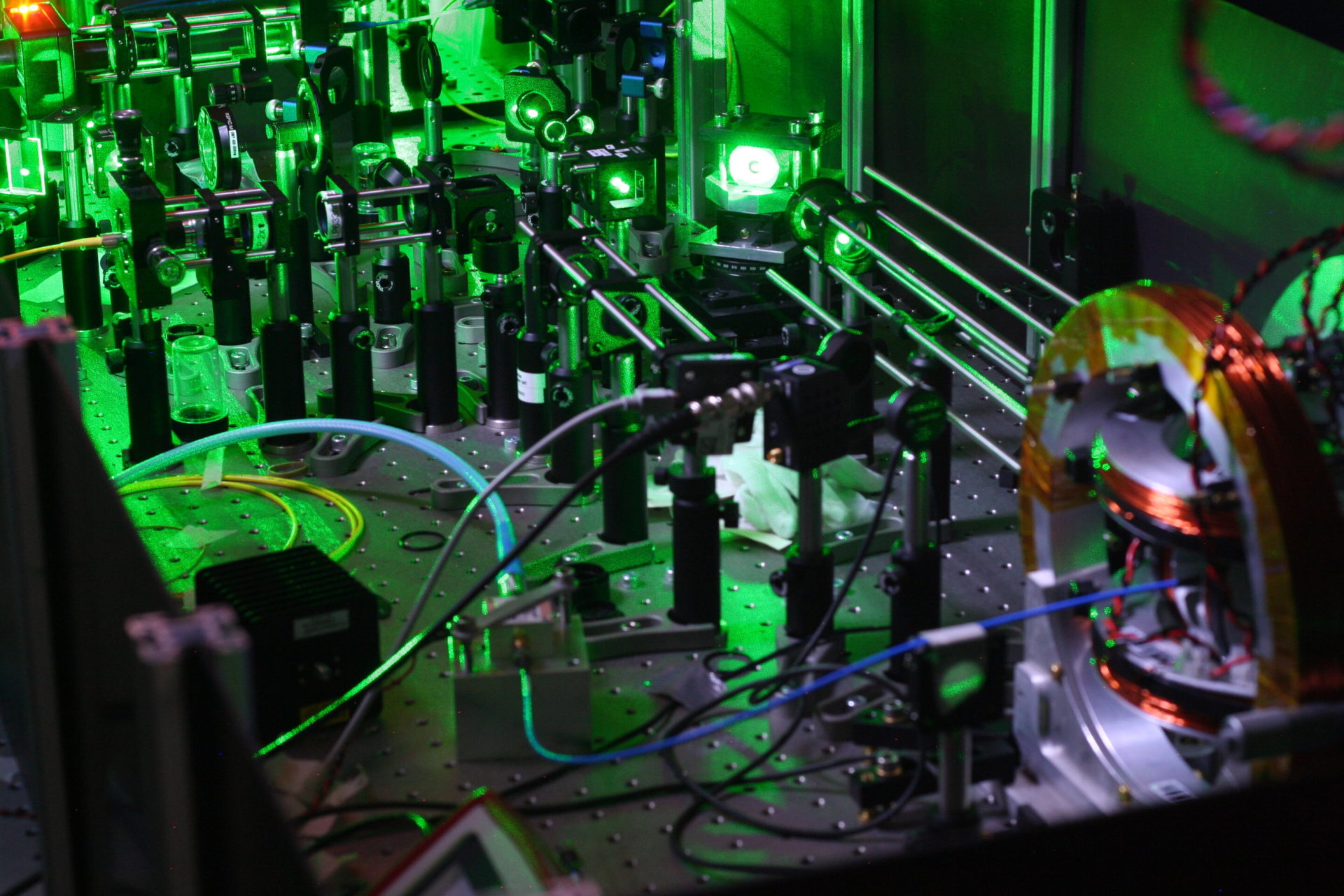Scientists from the University of Bristol’s Quantum Engineering Technology Labs (QETLabs) have developed a Machine Learning algorithm that provides valuable insights into the physics underlying quantum systems.
The team from QET Labs has described an algorithm which overcomes several challenges of quantum physics mathematical models by acting as an autonomous agent, using machine learning to reverse engineer Hamiltonian models.
The researchers have developed a new protocol to formulate and validate approximate models for quantum systems of interest. Their algorithm works autonomously, designing and performing experiments on the targeted quantum system, with the resultant data being fed back into the algorithm. It proposes candidate Hamiltonian models to describe the target system, and distinguishes between them using statistical metrics, namely Bayes factors.
Excitingly, the team was able to successfully demonstrate the algorithm’s ability on a real-life quantum experiment involving defect centres in a diamond (NV).
The algorithm could be used to aid automated characterisation of new devices, such as quantum sensors. This development therefore represents a significant breakthrough in the development of quantum technologies. (Phys.org)
The paper has been published in Nature Physics.

